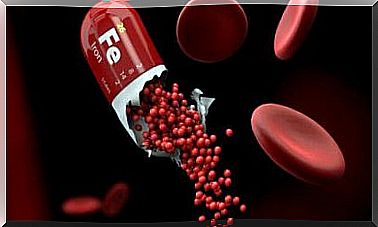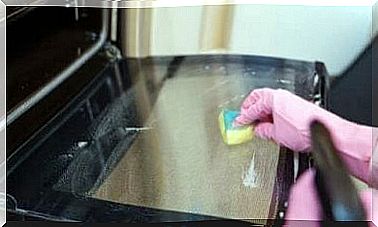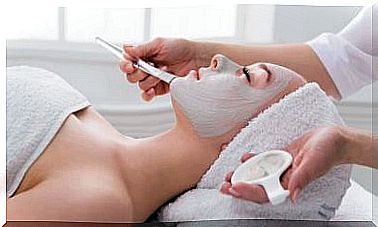What Is A Capsulitis?

Capsulitis is an inflammation located in the “capsule” of the joint, that is, in all the fibrous tissue that surrounds any mobile joint: fingers, shoulders, hips…
Capsulitis is a very common problem, for example, among athletes. It is possible that people who play basketball, handball or volleyball suffer or have suffered from this typical, very painful inflammation in one or more fingers. In this case, they are immobilized with a bandage.
But beyond the sporting scope, it is common to suffer from capsulitis in the shoulders or hips when we reach a certain age. Women between 50 and 60 years are, without a doubt, the part of the population that can suffer the most from this type of joint problem and, in many cases, they see their lives limited, because of the pain it can cause.
Let’s see more data on the topic below.
Why does capsulitis originate?
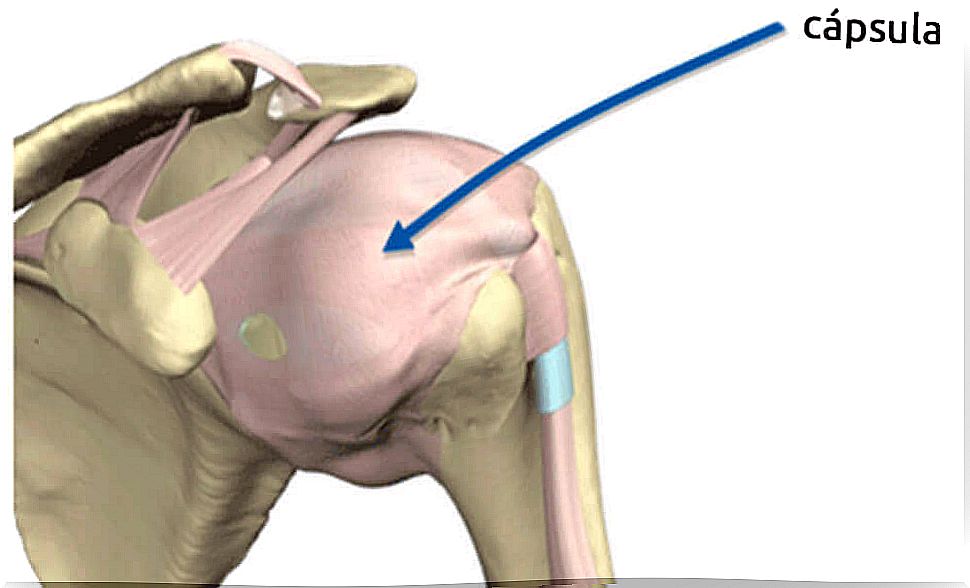
To better understand what capsulitis is, we must first know what the joint capsule is.
Discover Strengthen your bones with plant-based calcium
Capsulitis Symptoms
The pain is located in a point joint, starting, almost always with a stiffness. Almost without knowing how, it is difficult for us to perform movements that we used to do naturally, such as combing our hair, washing our backs, buttoning our clothes, lifting small weights…
- The pain increases and can last for weeks, months and years, depending on its origin.
- In the affected area, inflammation and swelling may appear.
- Recovery is slow.
“Frozen shoulder”, a very common type of joint capsulitis
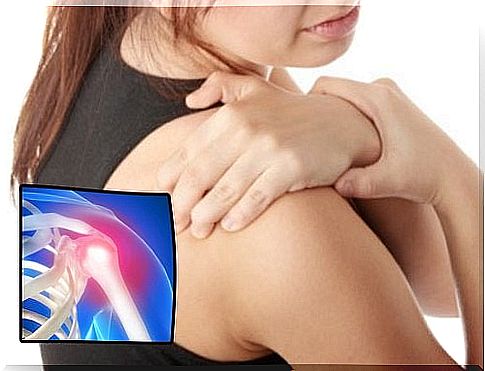
What we’ve just noted: Capsulitis may be more common in women who are over fifty and who are experiencing this stage of menopause.
Thus, one of the most common problems that can arise at this stage is undoubtedly joint pain. Within this problem, the so-called “frozen shoulder” is a more than frequent disorder. Let’s look at some data.
- Frozen shoulder, or adhesive capsulitis, is an inflammation that is located throughout the connective tissue that covers the shoulder joint.
- We are facing a problem that can be chronic in many cases.
- It appears as a consequence of the loss of elasticity in this tissue.
- The capsule overlying the joint stiffens, there is less synovial fluid, and the joint structure rubs, triggering subsequent inflammation.
Also read how to relieve carpal tunnel with these yoga exercises
Symptoms of frozen shoulder
Frozen shoulder pain may announce its first symptoms at night. Patients with this problem find it very difficult to sleep on their side.
- Later, this nocturnal annoyance begins to show itself in everyday tasks: combing your hair, putting your car seat belt on…
- Little by little, the pain becomes more intense and increases with changes in temperature, anxiety, stress, vibrations, the change of season…
- The pain doesn’t go away with painkillers. Frozen shoulder can be a chronic pain or go away on its own after two years.
Frozen Shoulder Treatment
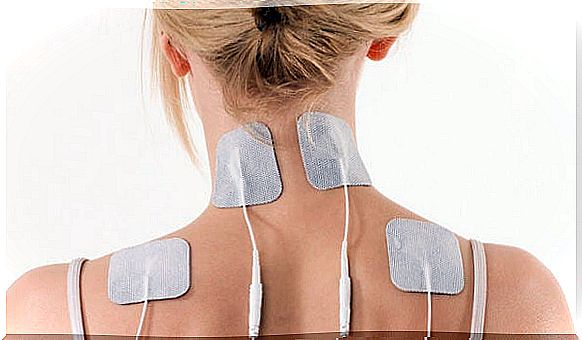
Treatment for frozen shoulder or adhesive capsulitis is multidisciplinary, that is, it must be faced with several strategies to improve the quality of movement, decrease pain and treat this inflamed capsular tissue. These would be some strategies:
- Treatment using cold-heat to reduce inflammation.
TENS ( Transcutaneous nerve stimulation ). It is a very useful type of therapy in these cases. It applies neurostimulation through the skin, through small electrodes, and is very effective. - Another way to treat this type of capsulitis is through immobilization of the shoulder itself. This is something that can be accomplished by a good physical therapist.
- Proper stretching daily is also very good.
- We cannot leave out the treatment by the physiotherapists, with specific massages for this problem.
- Cryotherapy, on the other hand, is a type of intervention that uses cold to promote the recovery of these inflamed tissues around the shoulder joint.
Doubts? Consult the physiotherapist
